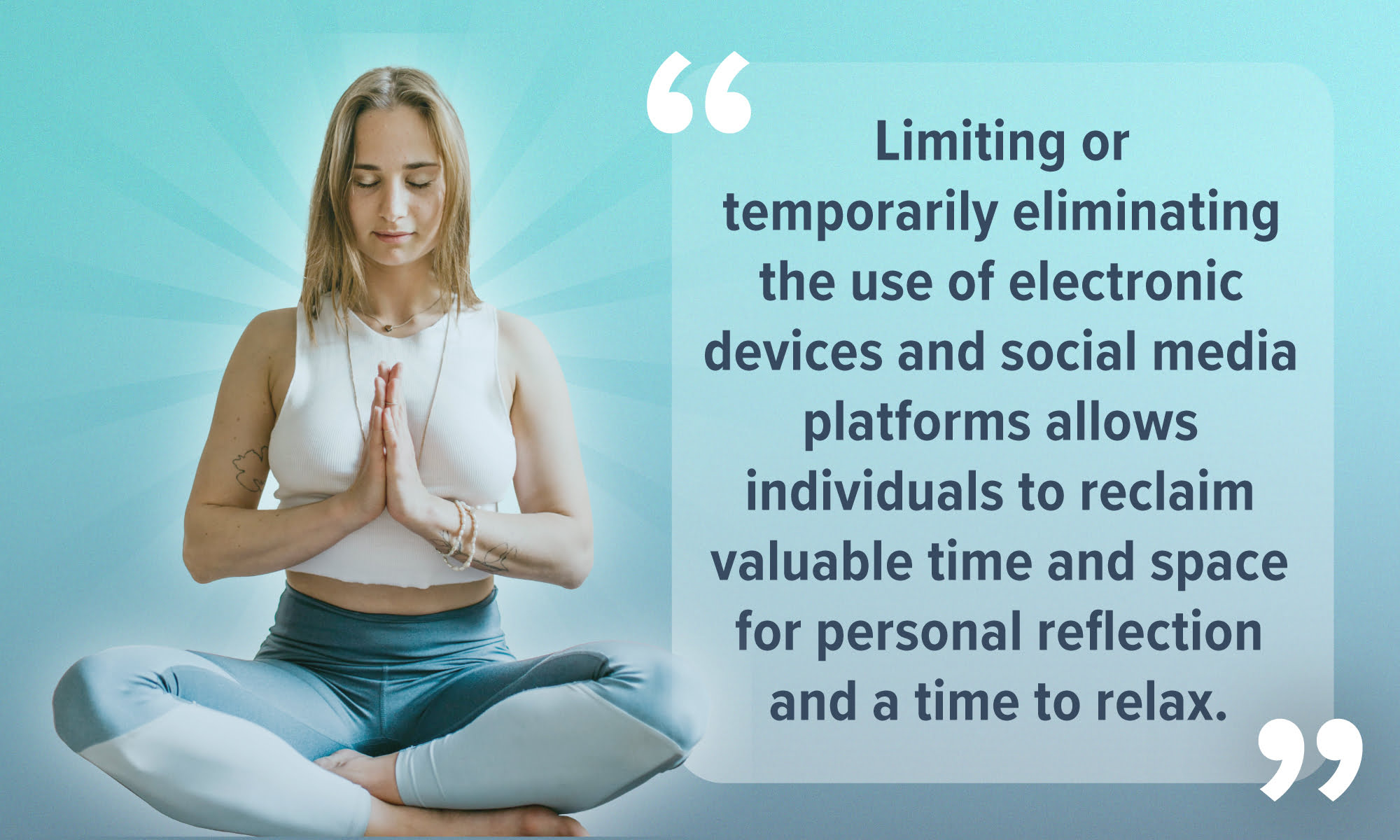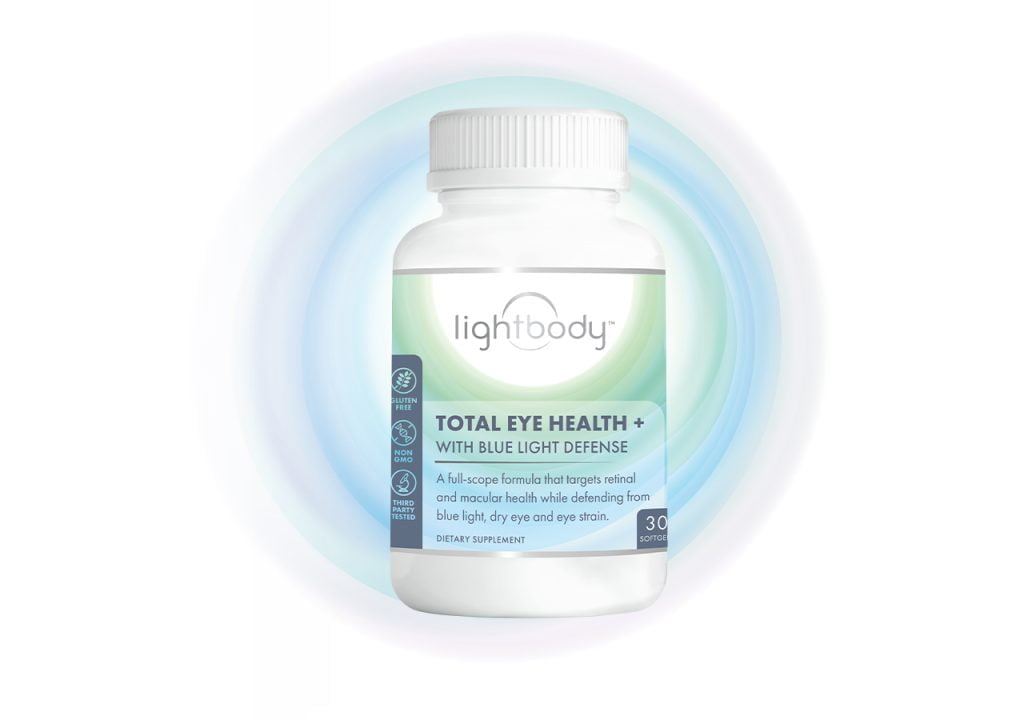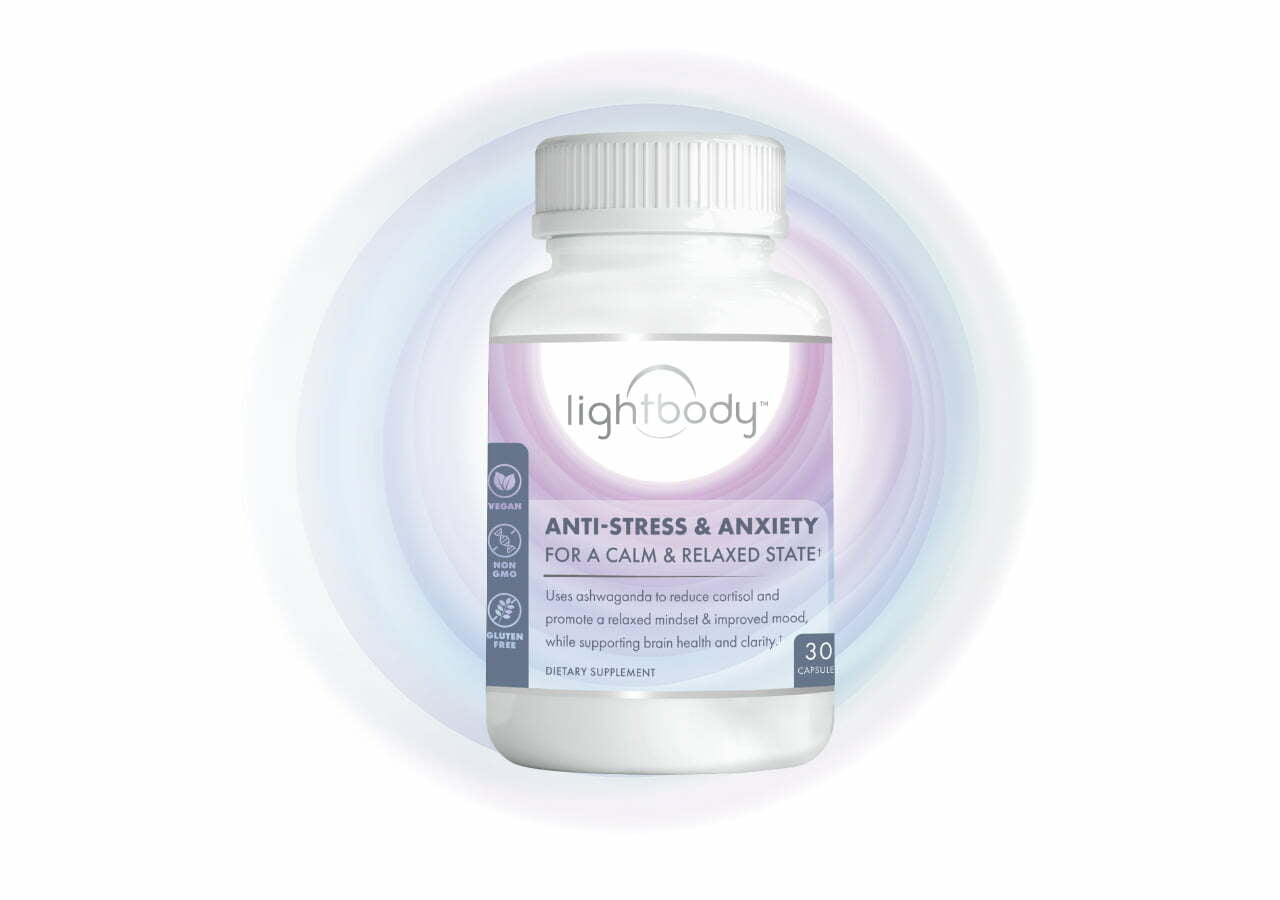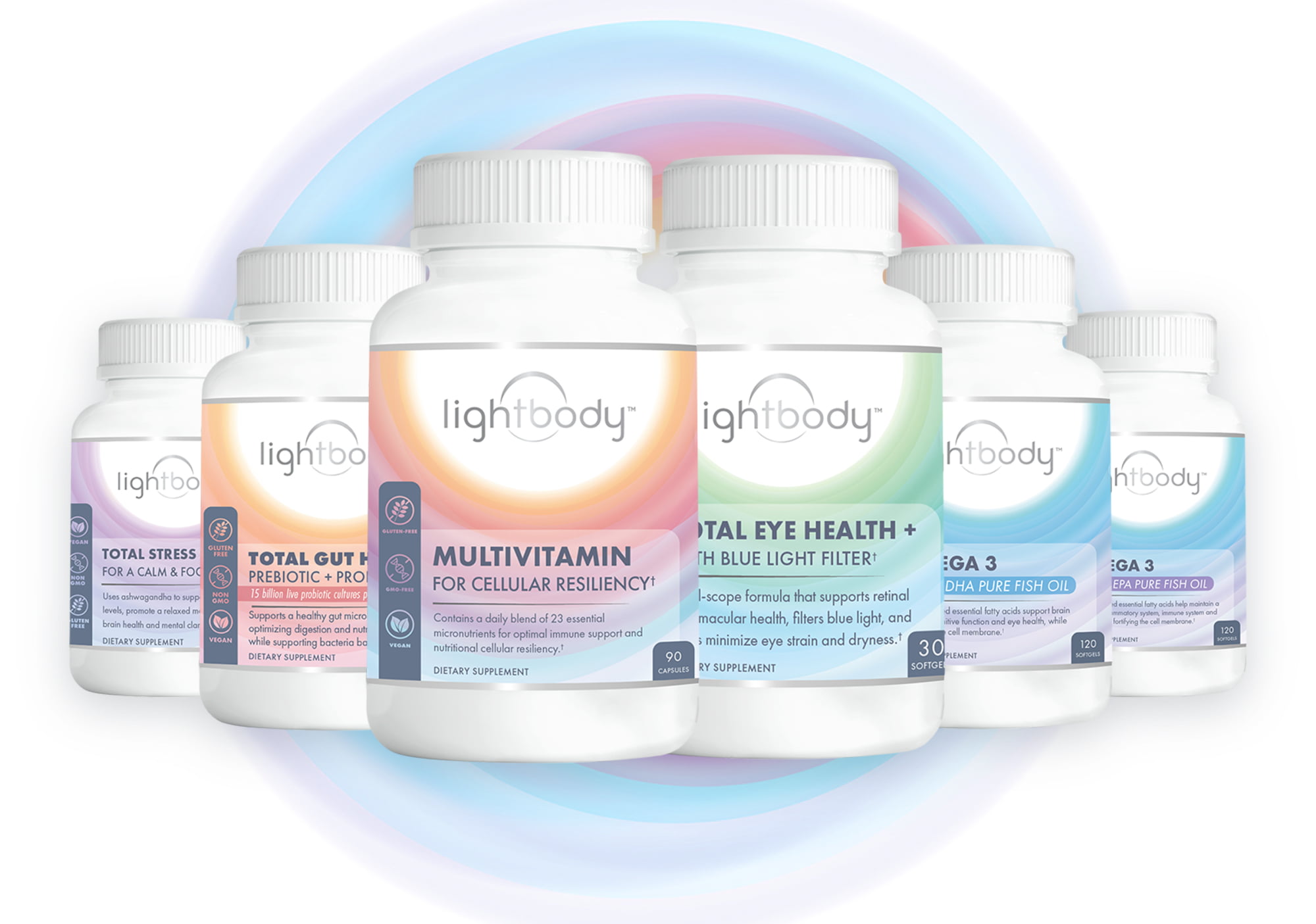1 in 5 women have dealt with a mental health problem – and that number is only continuing to grow. Shockingly, this percentage only accounts for those with a diagnosed mental condition. It’s likely that the percentage of women suffering from a poor mental state (but not a diagnosed condition) is significantly higher.
While we have already detailed the unique issues related to women’s mental health, we are here to offer up some ways to help and bring about some positive change by introducing 17 mental health tips for women.
You may be a woman reading this to learn some ways to improve your mental health. And for our male readers, we’re certain you know a woman or two in your life you can share some of these tips with.
In our latest blog, we detail a variety of different tips to help with mental health. From getting enough quality sleep to having a dance party, we hope that you will try one if not a few of these tips to positively impact your mental state.
Keep reading to learn more:
- Spend time outside
- Maintain a healthy diet and stay hydrated
- Consider supplementation
- Get enough sleep
- Stay active
- Prioritize self-care
- Figure out ways to cope with stress and your stressors
- Digital detox for mental wellness
- Stay connected with family and friends
- The importance of strong relationships
- Seek out new information and educational opportunities
- Practice mindfulness
- Adopt a positive mindset: Fake it ’til you make it
- Laugh and smile often
- Find hobbies and activities you enjoy
- Find joy in your day-to-day activities
- Take a dance break every now and then
- In conclusion: How can a woman improve her mental and emotional health?
Spend time outside
One of the fundamental keys to nurturing your mental health is to embrace the healing power of nature. Spending time in nature, breathing in the fresh air and basking in the natural beauty that surrounds you all helps to improve mental health.
Whether you go for a walk through a nearby park, a hike in the woods, or simply lounging in your backyard, connecting with nature has profound effects on your well-being. The outdoors offers a therapeutic escape from the demands of daily life, reducing stress, improving mood, and providing a sense of clarity. Even 15 minutes of sunshine can help maintain sufficient vitamin D levels year round, helping to prevent any seasonal depression.
Maintain a healthy diet and stay hydrated
Nourishing your body with a healthy eating habits and staying adequately hydrated is foundational to both mental and physical health. The relationship between nutrition and mental health are intricately connected.
The food we consume plays a crucial role in influencing our mood, energy levels, and overall cognitive function. Aim for a balanced diet rich in fruits, vegetables, whole grains, and lean proteins, as these provide essential nutrients that support optimal brain function – especially nutrients such as omega-3s. If you have questions about your specific diet, consider consulting a dietician for personalized guidance.
Additionally, don’t underestimate the importance of staying hydrated, as even mild dehydration can impact your concentration and mood. Make water your go-to beverage throughout the day, and try incorporating hydrating foods like water-rich fruits and vegetables.
Consider supplementation
Women have very unique dietary needs, and sometimes, even a robust diet misses out on some of the key nutrients. Exploring supplementation can be a valuable tip for enhancing women’s mental health to fill the nutritional gaps of diets.
Certain vitamins and minerals play a key role in supporting cognitive function, mood regulation, and overall mental resilience. Omega-3s, vitamin D, and B vitamins are all critical for brain health. Additionally, minerals like magnesium and iron are known to influence mood and cognitive function. However, it’s essential to consult with a healthcare professional before incorporating supplements, ensuring that they align with your individual health needs.
Check out our other blog on the 4 best supplements for women to optimize their health.
Get enough sleep

Ample and quality sleep is a non-negotiable pillar of good mental health. In the hustle and bustle of daily life, it’s easy to underestimate the transformative power of a restful night’s sleep. Sleep is the body’s time to repair, recharge, and consolidate memories, crucial for cognitive function and emotional resilience.
Establishing a consistent sleep routine, creating a comfortable and restful environment, and setting aside electronic devices before bedtime are essential practices for getting a good night’s sleep. Ensuring you get enough sleep not only enhances mood, concentration, and decision-making but also equips you to better navigate life’s challenges. Aim for seven to nine hours of sleep per night.
Stay active
Physical activity is not just about maintaining a fit physique: it has profound effects on your mood and cognitive function. Engaging in regular exercise releases endorphins, the body’s natural mood lifters, promoting a sense of well-being, reduces anxiety and stress, and decreases moodiness.
Modern life has become overly sedentary, so any movement is good movement. A brisk walk, heart-pounding workout, or calming yoga session for example. Movement is a key ally in managing anxiety and enhancing overall mental resilience. Physical activity also offers a valuable opportunity to disconnect from daily stressors, providing a mental reset and fostering a positive mindset.
Taking care of your physical health tends to have a positive correlating effect that is good for your mental health.
Prioritize self-care
A lot of our tips relate to the topic of self-care. Prioritizing self-care and taking care of your body is a cornerstone of maintaining a healthy and resilient mental state. In the fast-paced world we live in, it’s easy to overlook one’s own well-being. Dedicating time and energy to self-care is not a luxury but a necessity.
This involves intentionally carving out moments in your routine for activities that bring you joy, relaxation, and rejuvenation. Acts of self-care are essential for recharging your mental and emotional batteries. By placing value on your own needs and making self-care a non-negotiable part of your routine, you equip yourself to better cope with life’s demands and stressors. Taking time for yourself is not selfish!
Figure out ways to cope with stress and your stressors
Understanding that stress is an inevitable part of life, the key lies in developing personalized strategies to cope with it. This involves identifying specific stressors and adopting tailored techniques to alleviate their impact.
Finding what works for you is truly paramount – that could be practicing relaxation exercises like yoga, setting realistic goals, or establishing healthy boundaries. If that means grabbing a stress ball and taking out your frustration on it, go for it! Additionally, fostering a proactive mindset towards stress management can involve seeking support from friends, family, or mental health professionals when needed.
Digital detox for mental wellness

In an era dominated by smartphones, social media, and constant connectivity, everything can start to feel overwhelming. Increased social media usage is affecting your mental health in a negative manner. Taking a step back to unplug becomes essential for mental wellbeing.
A digital detox entails limiting or temporarily eliminating the use of electronic devices and social media platforms. This allows individuals to reclaim valuable time and space for personal reflection and a time to relax. Intentional disconnection not only reduces the often overwhelming exposure to information but also provides a mental reset.
While a full digital detox is often impractical, leave your phone at home when you run to the grocery store, or charge your phone in the kitchen at night to eliminate the mindless scrolling before bed. Even just a small amount of time every day away from your devices can help to elevate your mood and positively impact your mental health.
Stay connected with family and friends
Dedicating quality time to connect with family and friends becomes a powerful strategy to boost your mental health. In the sea of life, these relationships serve as anchors, providing support, understanding, and a sense of belonging. Shared laughter, meaningful conversations, and the warmth of companionship contribute to an emotional reservoir that can be tapped into during challenging times. They also act as a robust buffer against stress and isolation.
The bonds forged with the important people in your life create a resilient network that underscores the uniqueness of human nature.
The importance of strong relationships
Since 1938, Harvard scientists have been trying to answer the question what is the key to happiness? This longitudinal study, spanning several decades, emphasizes that the quality of our relationships has a profound impact on our well-being. Individuals with strong social connections tend to lead healthier and happier lives. Engaging in meaningful and supportive relationships not only brings joy but also acts as a buffer against stress and adversity.
Seek out new information and educational opportunities
Actively seeking new information and educational opportunities becomes a powerful strategy for fostering mental well-being and personal growth. In cultivating a mindset of continuous learning, the mind remains engaged and curious, opening doors to fresh perspectives and insights. This stimulates cognitive function and creativity but also contributes to a sense of accomplishment and positive self-esteem.
Lifelong learning becomes a dynamic means of staying mentally active, adaptable, and resilient in the face of life’s challenges, underscoring the transformative power of knowledge in shaping a fulfilling and intellectually vibrant life.
Practice mindfulness
Mindfulness involves intentionally bringing one’s attention to the present moment without judgment. By focusing on your breath, sensations, or the environment around you, mindfulness allows for a profound sense of awareness and inner calm.
Regular mindfulness practice has been linked to reduced stress, anxiety, and improved overall mental and emotional health. Examples of relaxing activities to promote mindfulness include guided meditation, mindful breathing exercises, or tai chi. Incorporating mindfulness into your routine creates a sanctuary of mental clarity amidst life’s chaos. This intentional presence in the moment not only enhances self-awareness but also nurtures mental strength.
Adopt a positive mindset: Fake it ’til you make it
Embracing a positive mindset, often encapsulated by the mantra “fake it till you make it,” underscores the transformative power of thoughts on mental well-being. While the phrase may imply putting on a facade, it’s more about consciously choosing optimism, even in challenging circumstances. How we perceive and react to situations can have a big impact on your emotional state.
This approach encourages habits that reinforce positivity, leading to a genuine shift in mindset over time. In focusing on the positive, individuals often find themselves gradually embodying the optimistic outlook they once aspired to, fostering a stronger mental state.
Laugh and smile often

Laughing and smiling releases endorphins, the body’s feel-good chemicals, providing an instant mood boost and decreasing stress levels. Regular doses of genuine laughter reduces feelings of anxiety and fosters a positive outlook.
Additionally, the simple act of smiling, even in challenging moments, triggers a cascade of physiological and psychological benefits. This signals to the brain that all is well. Cultivating a sense of humor and embracing moments of joy not only alleviates tension but also strengthens social bonds, promoting a sense of connection and shared happiness.
Find hobbies and activities you enjoy
Exploring and engaging in hobbies and activities that bring genuine joy can positively impact mental health. These pursuits offer a therapeutic escape from the rigors of daily life, allowing you to immerse yourself in activities that ignite passion and creativity.
Pursuing something you enjoy not only provides a welcome break from routine but also cultivates a sense of purpose and accomplishment. Painting, gardening, or playing a musical instrument are all good options for hobbies. Hobbies act as a powerful stress-reliever, offering an avenue for self-expression and a means to connect with like-minded individuals.
Find joy in your day-to-day activities
Discovering and savoring moments of joy within your day-to-day activities can be a powerful catalyst for uplifting your mental well-being. Life is comprised of a series of small, meaningful experiences. and finding joy in the mundane can significantly contribute to your overall happiness.
Relishing a cup of coffee, appreciating the beauty of nature during a walk, or working on a morning crossword, these moments matter. A positive mindset involves actively seeking and paying more attention to these sources of joy, fostering gratitude and contentment.
Take a dance break every now and then
In the words of Taylor Swift, “Shake it off”! In the midst of our busy lives, taking a moment to engage in spontaneous dance not only provides a physical release but can help you feel a surge of positive emotions. The rhythmic movement, coupled with the joy of music, serves as an instant mood booster, lifting spirits and injecting a sense of playfulness into the day.
A quick dance break during work or a solo dance party in your living room has the power to alleviate stress, elevate mood, and spark a renewed sense of energy.
In conclusion: How can a woman improve her mental and emotional health?
Enhancing mental and emotional health for women involves a multifaceted approach that integrates various lifestyle choices and practices. From taking a walk in nature to nurturing a healthy diet, staying physically active, and embracing self-care, each tip contributes to a holistic well-being strategy. Being more mindful and intentional in day-to-day life can be additional pillars of mental support.
Ultimately, a woman can significantly improve her emotional health by adopting our mental health tips for women as integral components of her daily life, promoting resilience, self-awareness, and an overall positive outlook.
Frequently Asked Questions
Women can improve their mental health by seeking regular therapy or counseling, maintaining strong social connections, practicing stress reduction techniques like mindfulness or yoga, and ensuring a healthy balance of physical activity, sleep, and nutrition.
Women may struggle with mental health due to hormonal changes, societal pressures, and the dual demands of work and family life. Additionally, women are more likely to experience certain types of trauma and abuse, which can significantly impact mental health.









